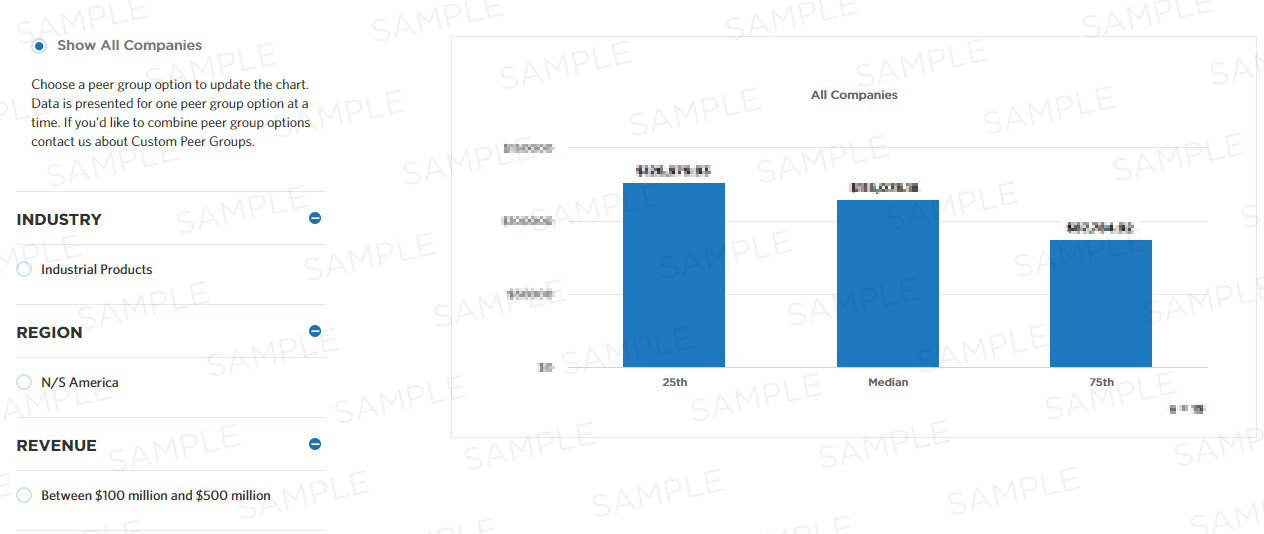Overhead and other cost to perform the process "manage sales orders" as a percentage of total process cost
This measure calculates overhead and other cost as a percentage of total process cost to perform the process"manage sales orders". Overhead cost refers to expenses that an organization cannot identify as direct costs of performing a process. These include occupancy, facilities, utilities, and maintenance, etc. Other cost refers to costs other than personnel, equipment, material, systems, or outsourced expenses for the process (e.g., costs for supplies and office equipment, travel, training, and seminars). The Process "manage sales orders" includes [Taking, receiving, processing, and acknowledging new customer orders or amendments to outstanding customer orders. Monitoring status from order receipt to customer delivery/customer invoicing.]. This Supplemental Information measure is intended to help companies evaluate additional variables related to the process "Manage sales orders".
Benchmark Data
| 25th | Median | 75th |
|---|---|---|
| - | - | - |

Compute this Measure
Units for this measure are percent.
((Overhead cost to perform the process "manage sales orders" + Costs other than personnel, systems, overhead, and outsourced to perform the process "manage sales orders") / Total cost to perform the process "manage sales orders") * 100
Key Terms
Other Cost
Other costs are costs associated with the specified process, but not specifically covered in personnel cost, systems cost, overhead cost and outsourced cost in this questionnaire. These other costs include costs for supplies and office equipment, travel, training and seminars. Include the cost of telephones, except for that portion captured in systems cost.
Supplemental Information
Supplemental information is data that APQC determines is relevant to decision support for a specific process, but does not fit into the other measure categories such as cost effectiveness, cycle time, or staff productivity.